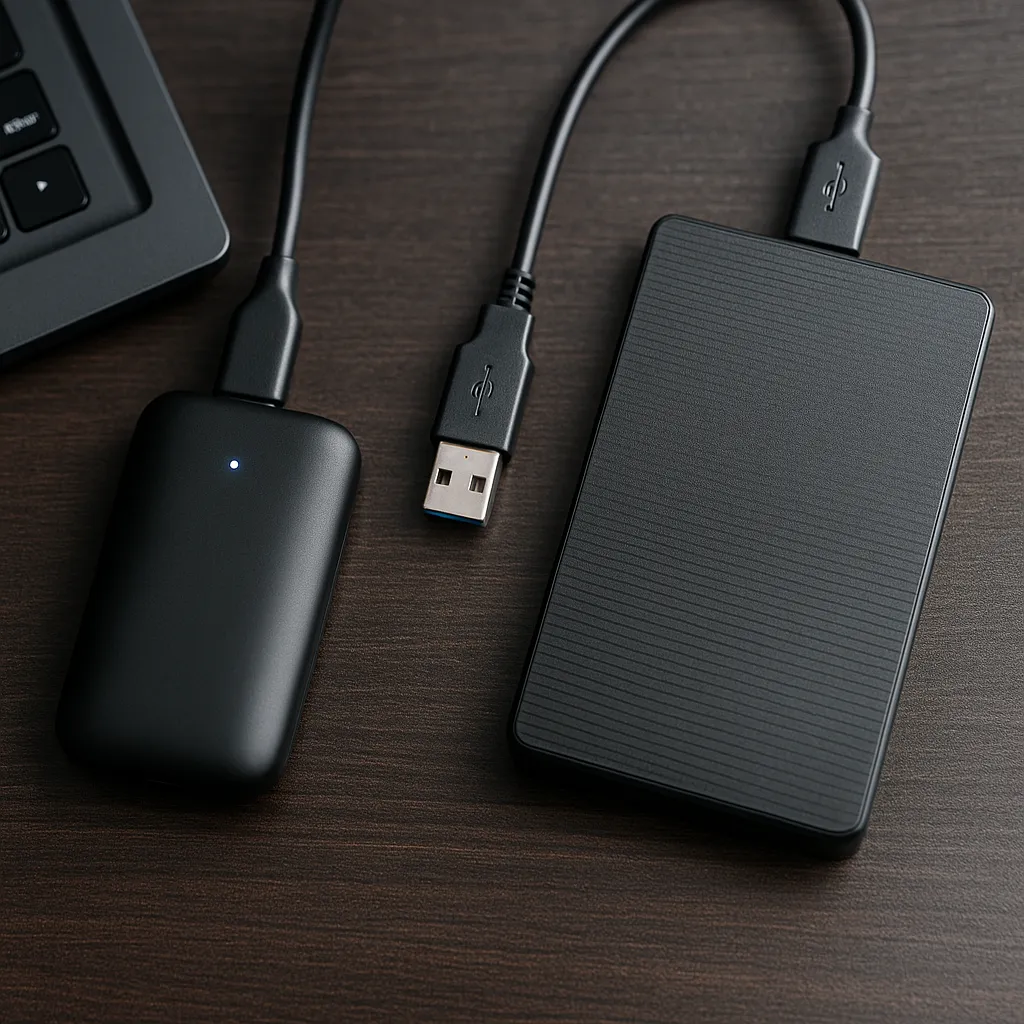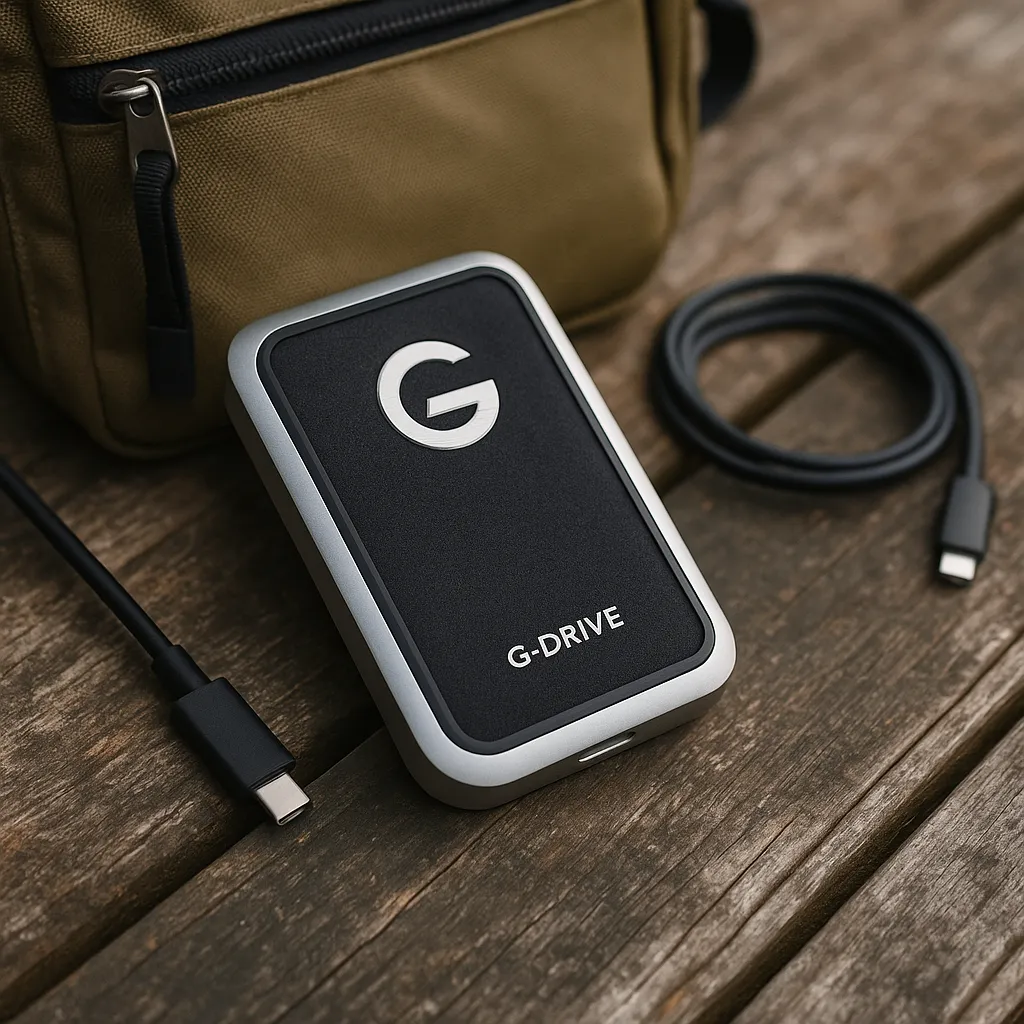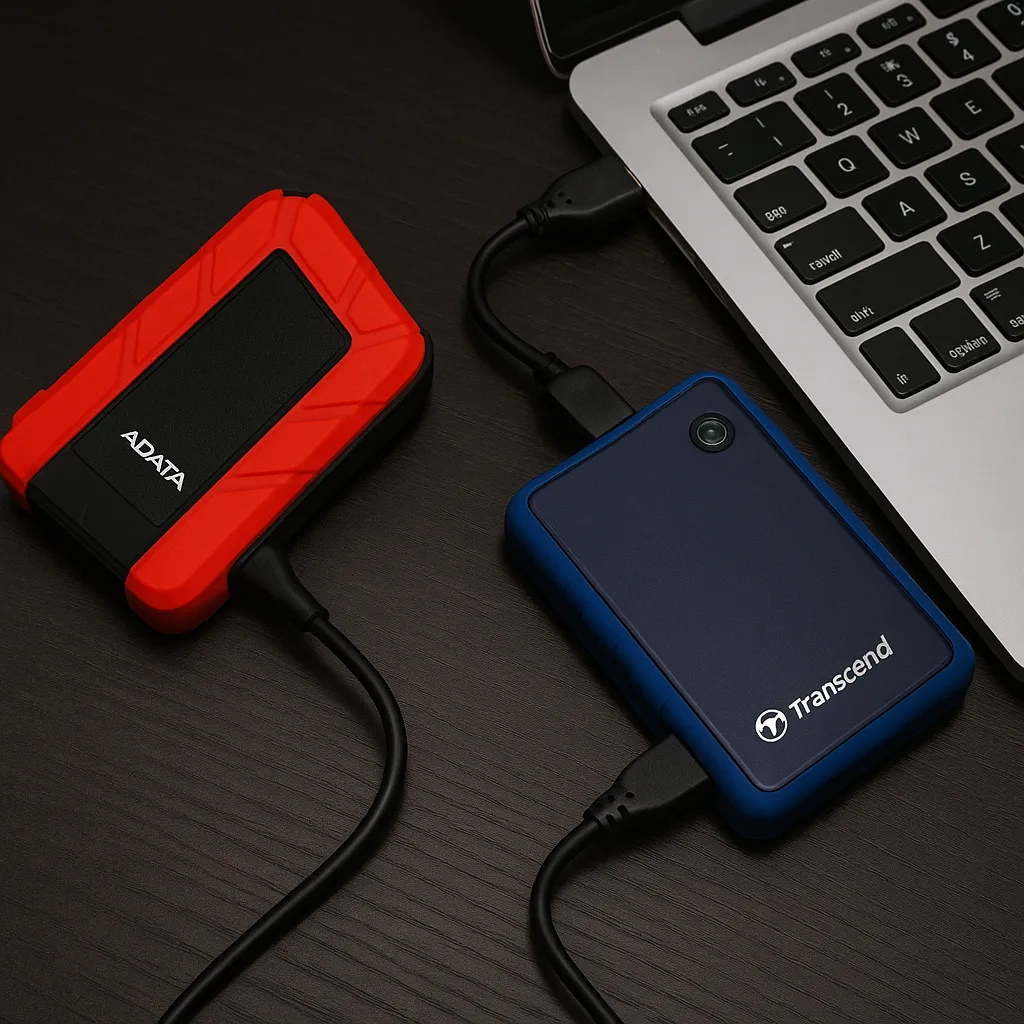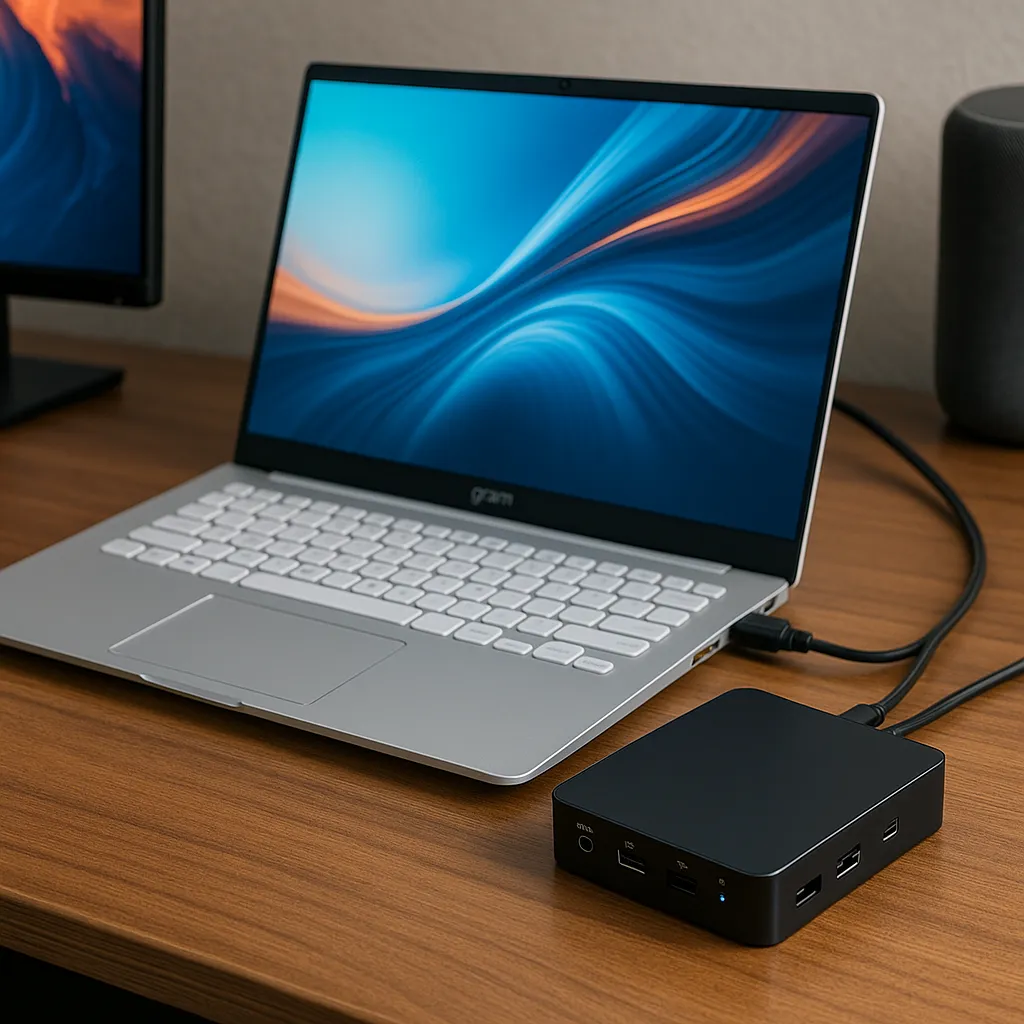Backup Drive vs External Hard Drive: Key Differences
Disclosure: This post contains affiliate links. LaptopVoyager.com participates in the Amazon Associates Program and may earn commissions on qualifying purchases, at no extra cost to you.
When you’re trying to protect your files or make room for more data, it helps to know the difference between a backup drive and a regular external hard drive. While they often look the same and even work in similar ways, they’re built with different priorities—and that can affect how well they suit your needs.
What’s a Backup Drive Really For?
A backup drive is designed for automation and peace of mind. It usually includes built-in software that handles scheduled backups, version history, and sometimes even full system recovery. Once you set it up, it runs quietly in the background, backing up your most important folders without you having to think about it again.
This makes it a great option for people who store sensitive files, client work, or years’ worth of personal documents. It’s a reliable safety net that’s there if something goes wrong with your main device.
How External Hard Drives Are Different
An external hard drive is more flexible. You plug it in, drag and drop what you want to store, and use it as extra space for media, games, or project files. Most don’t include backup software, but you can add your own if needed.
They’re great for transferring files between computers or simply keeping your laptop from getting overloaded. You control what gets saved and when, which works well if you prefer manual organization.
Comparing the Two: Use Case Matters
Here’s a quick breakdown of which option works better depending on your goals:
Choose a backup drive if you:
- Want automatic backups without doing it manually
- Need recovery options for lost or damaged files
- Prefer built-in encryption or cloud-sync features
- Value reliability for critical data storage
Go with an external hard drive if you:
- Need a quick way to store and move files
- Prefer flexibility over automation
- Want affordable storage for media and large projects
- Don’t need scheduled or system-wide backups
So Which One Should You Buy?
If you often forget to back up your files or you store important documents that you can’t afford to lose, a backup drive is the better choice. It keeps things simple and protects your data automatically.
But if you’re mainly looking for extra storage or you need to move files between machines often, a standard external hard drive gives you more control and is usually more budget-friendly.
Conclusion
Both backup drives and external hard drives offer valuable storage, but they’re optimized for different needs. Backup drives are all about security and automation. External drives give you space and flexibility without the extra features.
Choose the one that fits your habits and how you work with your files. That way, your storage solution supports you—not the other way around.







